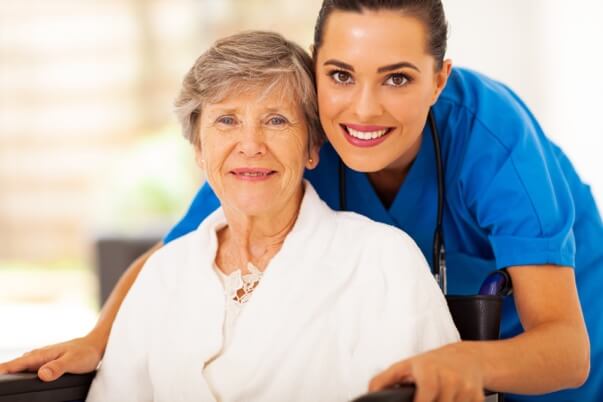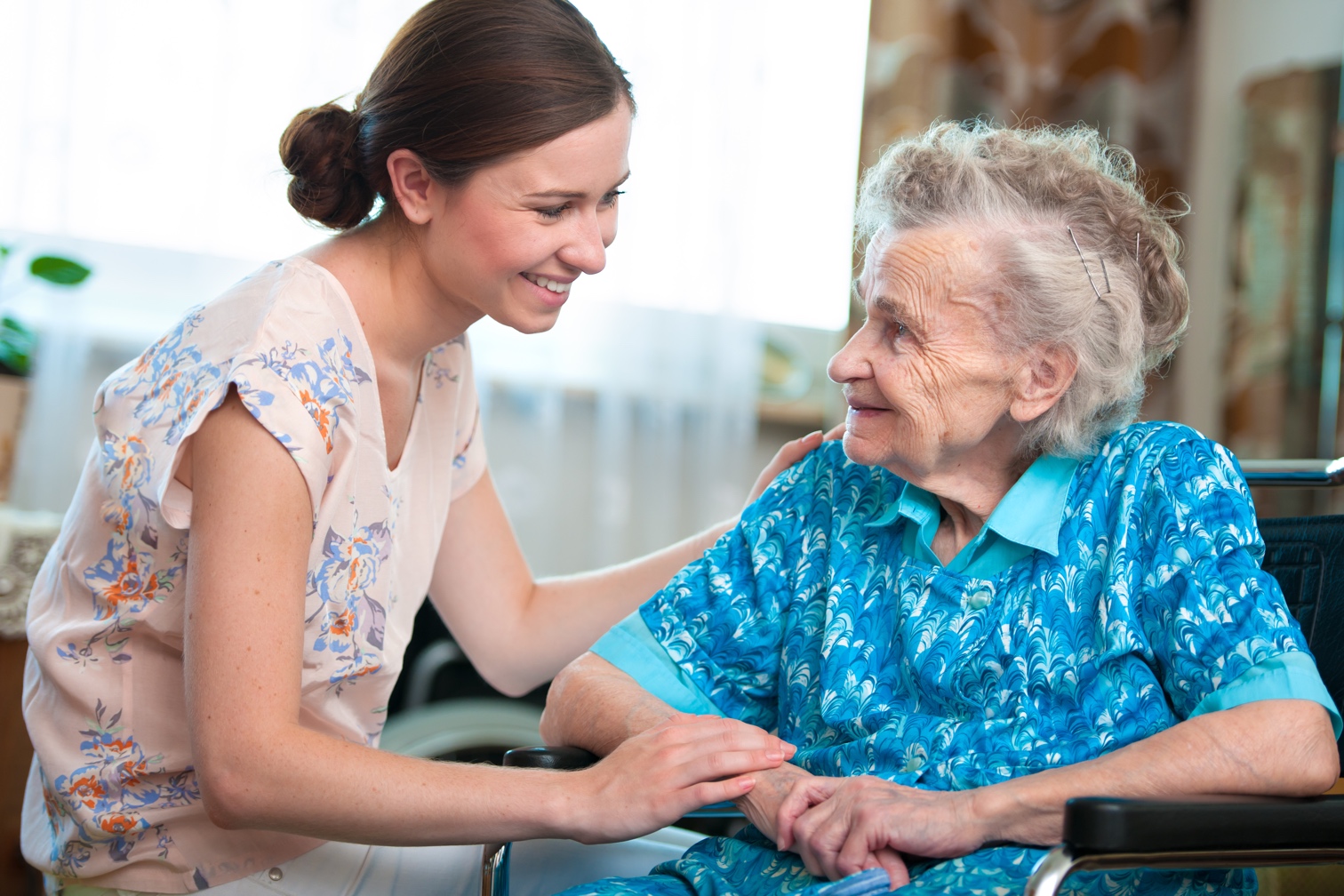Health and wellbeing happens to be one of my favorite subjects, and hopefully by the end of this article, I’ll have renewed your confidence in your own ability to improve your physical and emotional health! Remember, you'll face caregiver burnout if you aren't keeping active and eating well. I will be describing some tried and true techniques that are scientifically proven to boost your overall wellbeing. But first, let’s work on managing expectations. It is unlikely that the information I’m about to convey is going to be mind-blowing or even particularly surprising. However, I promise that all of my tips will be absolutely do-able. Second, in order to maximize your health benefits, you actually have to DO them. So, yes, a little bit of effort and commitment are required on your part. And third, the tips that I’m about to provide aren’t listed in any particular order. The key is in the combination!
So let’s get the most obvious (and most unpopular) tip out of the way first: EXERCISE. I can almost hear the audible groan through my computer. But really, physical activity significantly decreases risk of death from all causes, including heart disease. Humans have a tendency to become increasingly sedentary with age. A sedentary lifestyle leads to an increase in body fat which then places pressure on our organs, sets off an inflammatory disease process, and eventually affects our brain’s ability to function properly. In fact, inactivity poses one of the greatest risks to our health and it’s even a significant risk factor for dementia. So why don’t we just do more of it? Well, the reasons can be complicated and the answers typically involve a combination of fatigue, physical disability, expense, and/or time constraints. Given these issues, it’s critical that we think outside of the box a little bit. Note that, in order to increase the likelihood that exercise will become a regular part of your life, it’s up to you to choose an activity that sounds enjoyable. So here are a few less traditional ways to engage in physical activity. My first choice for seniors in particular, is swimming and other pool-based exercise. Not only does water feel good on your body, it reduces the effects of gravity on your joints and provides light resistance. My second choice is Tai Chi. See whether it interests you by attending a local class or watching an instructional video. Tai chi helps with deep breathing and relaxation, blood flow and circulation, and flexibility. Another out-of-the-box idea is to invest in a gaming system. Nintendo Wii isn’t just for kids! If you enjoy tennis or golfing, you now have the opportunity to play them virtually in the comfort of your own home. And if my above suggestions still sound like too much effort, make a standing date with a friend and simply take a morning stroll.
Tip number two. DIET. Actually, let’s avoid using the “D” word because it doesn’t accurately describe the advice I’m about to give. For instance, have you ever traveled to Italy or Greece? And did the people in those countries appear to be on a diet? Yeah, I don’t think so either. Pasta aside, there has been a plethora of research about the benefits of a Mediterranean diet. Think of it more as a lifestyle, as there is no real need to restrict yourself or count calories. Instead, focus on filling your plate with heart-healthy foods. I’m referring to dark leafy greens, colorful vegetables, whole grains, dishes prepared in olive oil, snacks and entrees that are rich in antioxidants like fish and berries, and even treats such as dark chocolate and a glass of red wine with dinner. By the way, if you don’t like the taste of kale, for example, then please don’t force yourself to eat it. There are plenty of options to choose from and you’re more likely to stick with meals that you actually enjoy. In addition, you won’t need to buy all of those expensive vitamins and supplements. Ideally, you will be consuming the nutrients that your body needs during mealtime instead!
My third tip will sound fairly straightforward, but may be difficult nonetheless for those of you who suffer from chronic pain, anxiety, and/or other health conditions. I’m referring to SLEEP. Research indicates that adults require 7 to 9 hours of sleep each night in order for our bodies to function properly. Contrary to popular belief, sleep isn’t necessary because it allows our brain to rest. Rather, our brains are more active when we are sleeping! We cycle through different stages of sleep, all the while processing information, consolidating memories, and clearing waste products that have accumulated in our brain throughout the day. Since we spend nearly a third of our lives sleeping, it’s critical not to underestimate its importance. Sleep deprivation or disruption can lead to emotional instability, a compromised immune system, and cognitive dysfunction. The good news is that problems with memory and attention due to a sleep deficiency can be reversed. So make an appointment with your physician if you are having problems with insomnia or snoring, or experiencing atypical symptoms such as sleep paralysis and sleepwalking. And for extra credit, do a quick Internet search on “sleep hygiene techniques” and try to practice the techniques that you learn. Your brain will thank you for it.
And, finally, let’s get to the good stuff: SOCIAL ACTIVITIES. It’s impossible to deny just how powerful the mind/body connection really is. And I’m not referring to the placebo effect… I’m talking about the abundance of health benefits that simply comes from being around other people! Humans are wired to rely on each other for emotional support and survival. Furthermore, engaging in an interesting conversation and activities with another person or even the person you are caring for can serve multiple purposes. Positive social interactions not only boost your mood, but they challenge your brain by prompting you to practice your expressive and receptive language skills, sharpen your memory, and enhance your ability to pay attention. In fact, actively listening and responding appropriately to other people in conversation most likely provides better training for your brain than do the advertised brain games that you can purchase on the computer. After all, this is real life practice. Try challenging your brain even further and truly get those neurons firing by learning something new, joining a book club, discussing current events, or creating artwork. As the old saying goes, “Use it or lose it!”
So now that I’ve provided you with the information, it’s up to you to do the work. It really doesn’t matter whether you are young or old, male or female, rich or poor, disabled or able bodied. At the end of the day, any improvements related to these four key ingredients- Exercise, Diet, Sleep, and Social Activities- will inevitably change your life for the better. Whether you make a minor adjustment or undertake a major overhaul, know that you have the power and capability within yourself to create change. Prioritize your health and your happiness because no one else can do it for you!



